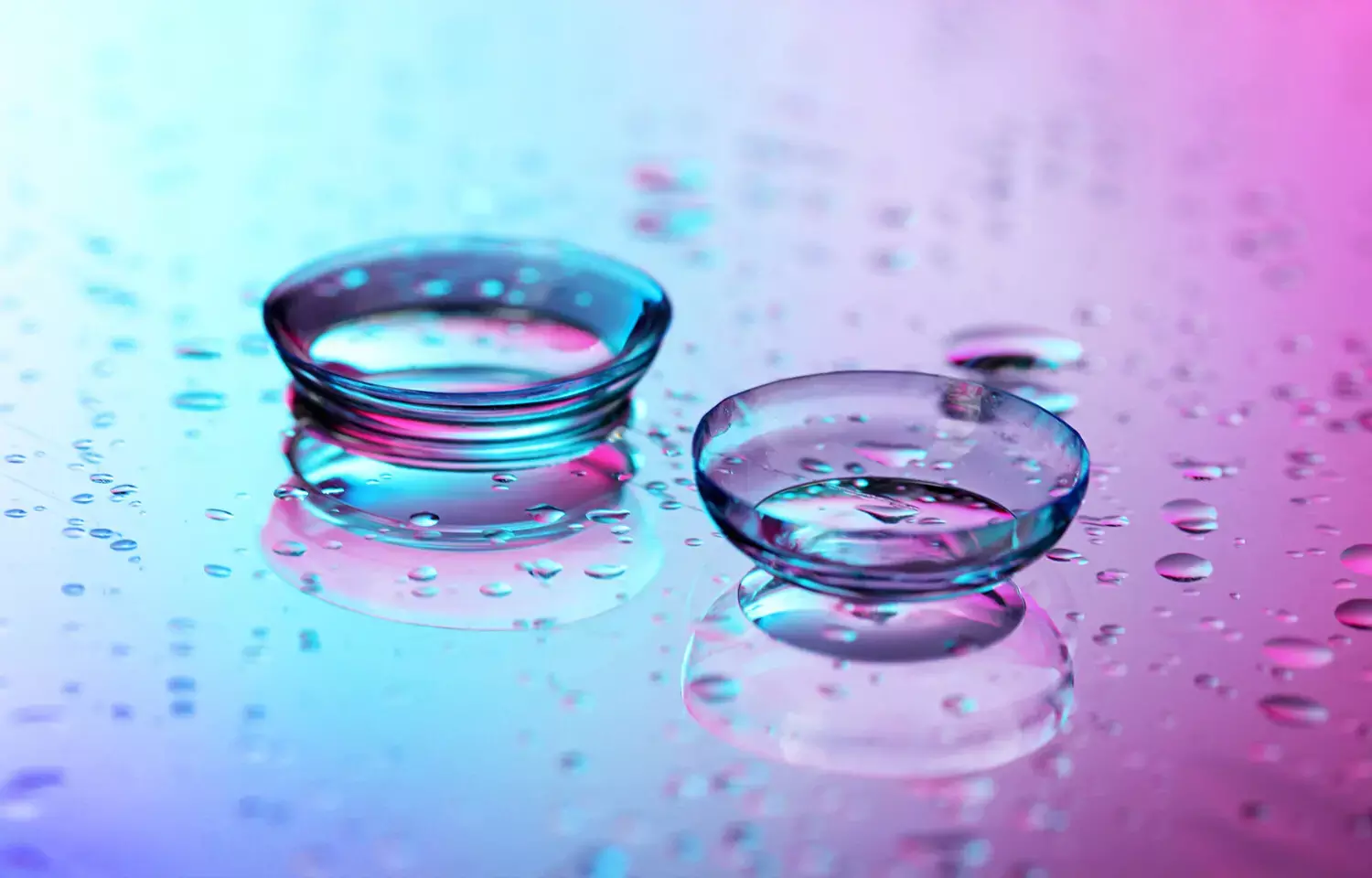- Home
- Medical news & Guidelines
- Anesthesiology
- Cardiology and CTVS
- Critical Care
- Dentistry
- Dermatology
- Diabetes and Endocrinology
- ENT
- Gastroenterology
- Medicine
- Nephrology
- Neurology
- Obstretics-Gynaecology
- Oncology
- Ophthalmology
- Orthopaedics
- Pediatrics-Neonatology
- Psychiatry
- Pulmonology
- Radiology
- Surgery
- Urology
- Laboratory Medicine
- Diet
- Nursing
- Paramedical
- Physiotherapy
- Health news
- Fact Check
- Bone Health Fact Check
- Brain Health Fact Check
- Cancer Related Fact Check
- Child Care Fact Check
- Dental and oral health fact check
- Diabetes and metabolic health fact check
- Diet and Nutrition Fact Check
- Eye and ENT Care Fact Check
- Fitness fact check
- Gut health fact check
- Heart health fact check
- Kidney health fact check
- Medical education fact check
- Men's health fact check
- Respiratory fact check
- Skin and hair care fact check
- Vaccine and Immunization fact check
- Women's health fact check
- AYUSH
- State News
- Andaman and Nicobar Islands
- Andhra Pradesh
- Arunachal Pradesh
- Assam
- Bihar
- Chandigarh
- Chattisgarh
- Dadra and Nagar Haveli
- Daman and Diu
- Delhi
- Goa
- Gujarat
- Haryana
- Himachal Pradesh
- Jammu & Kashmir
- Jharkhand
- Karnataka
- Kerala
- Ladakh
- Lakshadweep
- Madhya Pradesh
- Maharashtra
- Manipur
- Meghalaya
- Mizoram
- Nagaland
- Odisha
- Puducherry
- Punjab
- Rajasthan
- Sikkim
- Tamil Nadu
- Telangana
- Tripura
- Uttar Pradesh
- Uttrakhand
- West Bengal
- Medical Education
- Industry
Orthokeratology lenses contribute to tear film disruption leading to dryness and discomfort in kids

China: When children are fitted with orthokeratology lenses, objective assessments of tear film quality are diminished, but they rebound to baseline following one month of lens removal, says an article published in the journal Contact Lens & Anterior Eye.
Yin Guo and colleagues used an automated Medmont E300 corneal topographer to analyze the tear film surface quality following orthokeratology. In this retrospective study, children who had worn orthokeratology lenses for more than a year were chosen. Tear film disruption (TFD) and central tear film disruption (cTFD) were assessed with a Medmont E300 corneal topographer during the first and each follow-up visit after orthokeratology lens fitting, yielding a nominal value ranging from 0 (perfect) to 1 (worst) (poor). The surface quality of the tear film before and after ortho-k therapy was examined.
The key findings of this study were as follows:
1. A total of 145 youngsters utilizing orthokeratology lenses were assessed.
2. Tear film disruption and central tear film disruption rose considerably at 1-day follow up (TFD, t = -17.3; cTFD, t = -10.4).
3. This difference persisted during the 12-month visit (TFD, F = 51.1; cTFD, F = 28.0).
4. A subset of 11 youngsters were given a one-month break before being fitted with OrthoK lenses of a different design.
5. Similarly, Tear film disruption increased significantly compared to pre-orthoK images (0.172 0.161), but recovered to baseline levels following lens removal (0.084 0.059).
6. Tear film disruption and central tear film disruption values rose in eyes with monocular lens wear but remained steady in lateral eyes, according to a subgroup of monocular OrthoK wearers (n = 23).
In conclusion, the findings of this study clearly point out that it is critical to ensure that the surface quality of the tear film is regularly evaluated throughout the usage of orthoK lenses.
Reference:
Guo, Y., Liu, L., Peng, L., Fu, J., Guo, W., & Tang, P. (2022). Effect of overnight orthokeratology lenses on tear film stability in children. In Contact Lens and Anterior Eye (p. 101592). Elsevier BV. https://doi.org/10.1016/j.clae.2022.101592
Medical Dialogues consists of a team of passionate medical/scientific writers, led by doctors and healthcare researchers. Our team efforts to bring you updated and timely news about the important happenings of the medical and healthcare sector. Our editorial team can be reached at editorial@medicaldialogues.in.
Dr Kamal Kant Kohli-MBBS, DTCD- a chest specialist with more than 30 years of practice and a flair for writing clinical articles, Dr Kamal Kant Kohli joined Medical Dialogues as a Chief Editor of Medical News. Besides writing articles, as an editor, he proofreads and verifies all the medical content published on Medical Dialogues including those coming from journals, studies,medical conferences,guidelines etc. Email: drkohli@medicaldialogues.in. Contact no. 011-43720751


